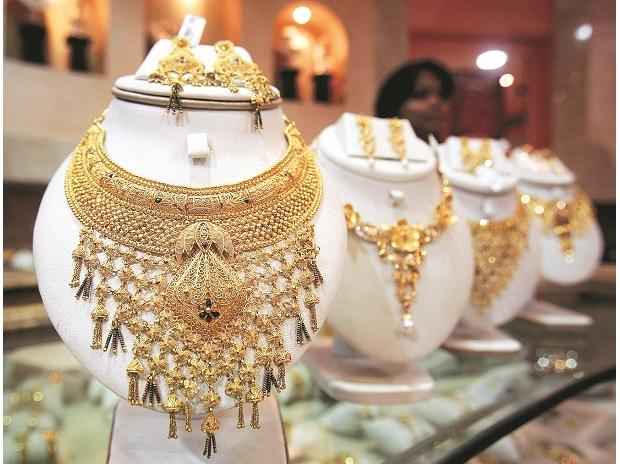The gap between the top 1 per cent and the bottom 50 per cent of the population just keeps expanding, global non-profit organisation Oxfam said in its latest annual report on income inequality.
India’s
billionaires hold a combined total wealth that is more than the Union
Budget outlay.
The
gap between the top 1 per cent and the bottom 50 per cent of the
population just keeps expanding, global non-profit organisation Oxfam
said in its latest annual report on income inequality.
“The
combined total wealth of 63 Indian billionaires is higher than the
total Union
Budget of India for the fiscal year 2018-19 which was at Rs 24.42
trillion,” Oxfam said in its report released on Monday.
“The
wealth of billionaires rose from $325.5 billion (Rs 22.73 trillion)
in 2017 to $408 billion (Rs 28.97 trillion) in 2019,” the report
said. In fact, that amount is even higher than the 2019-20 Budget
size of Rs 27.86 trillion, something the report did not mention.
The
world’s 2,153 billionaires have more wealth than the 4.6 billion
people who make up 60 per cent of the planet’s population, the
report also showed.
“Our
broken economies are lining the pockets of billionaires and big
business at the expense of ordinary men and women. No wonder people
are starting to question whether billionaires should even exist,”
said Oxfam India CEO Amitabh Behar
An
analysis of India’s billionaires showed that 15 of them come from
the consumer goods industry and more than 10 from the pharmaceuticals
sector in 2019 – a rarity among developing countries.
In
fact, not just in India, but global inequality is deeply entrenched.
The number of billionaires has doubled in the last decade, despite
their combined wealth having declined just in the last year.
“The
gap between the rich and poor can't be resolved without deliberate
inequality-busting policies, and too few governments are committed to
these,” Behar said.


